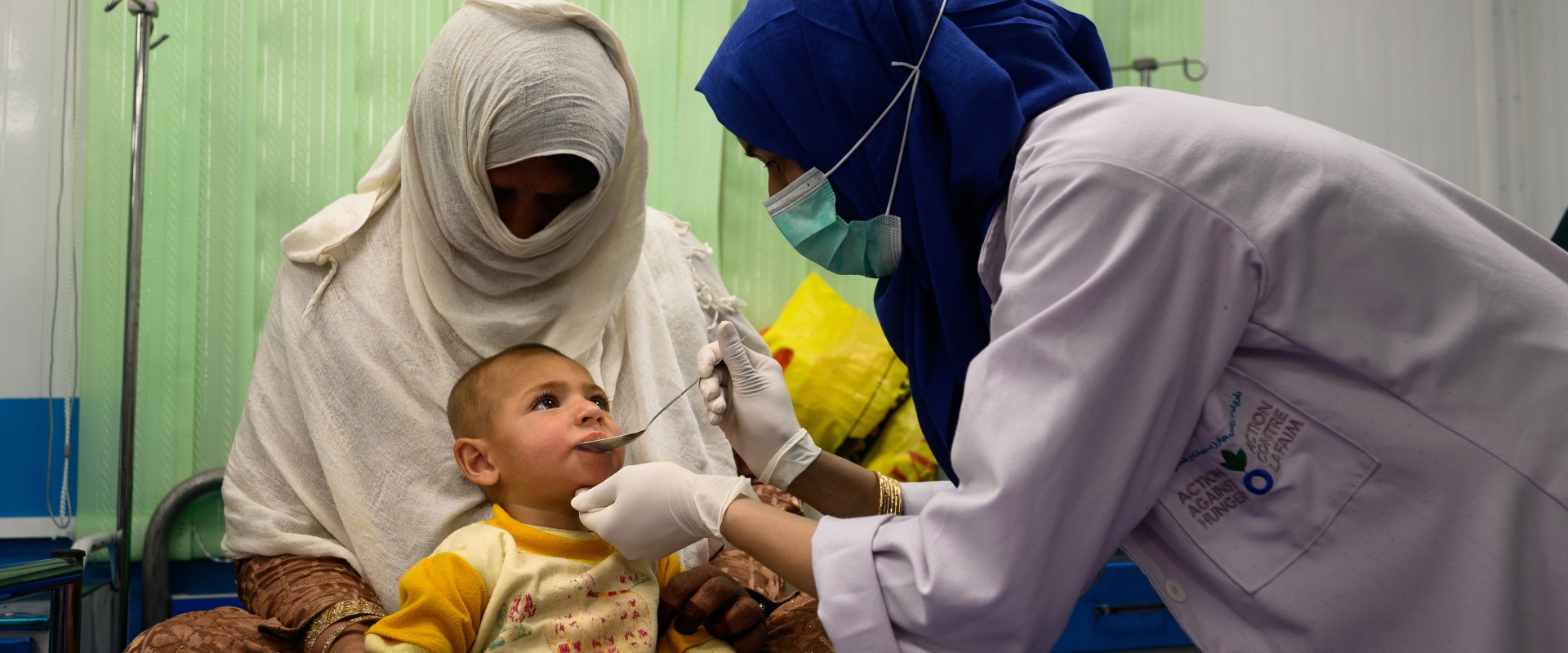
GIVE THIS RAMADAN

Globally, as many as 783 million people—more than the population of the E.U. and U.S. combined—suffer from hunger, according to the State of the Food Security and Nutrition in the World (SOFI) report released today by four United Nations (U.N.) agencies: the Food and Agriculture Organization, World Food Program, International Fund for Agricultural Development, and UNICEF, the U.N.’s Children’s Fund.
Compared to pre-pandemic levels, 122 million more people face hunger today. While average global hunger rates fell slightly in 2022, there are sharp regional disparities, with hunger rising in Africa, Southeast Asia, and the Caribbean. Across Africa, 11 million more people suffer from hunger now compared to the previous year. The report also found that people in rural areas face greater challenges accessing affordable, healthy food.
“Globally, hunger is a complex challenge that involves more than empty stomachs. These trends are driven by chronic inequality,” said Dr. Charles Owubah, CEO of Action Against Hunger, a global leader in the fight against hunger. “With climate change and conflict dramatically accelerating already life-threatening rates of malnutrition, the SOFI report is a warning the world can’t afford to ignore.”

The SOFI report includes actionable insights into hunger’s rural-urban divide, food affordability, and policy solutions.
Key figures in this year’s SOFI report show that:
“Progress against child malnutrition has stagnated in recent years, and with famine looming, it is clear that global efforts to achieve the U.N.’s Sustainable Development Goal of Zero Hunger by 2030 are not sufficient,” said Owubah, who also participates on the U.N.’s High Level Taskforce on Famine Prevention. “With famine looming from Afghanistan to Somalia, governments, corporations, and private donors must do more to support locally-led, climate-resilient food systems to promote food security as a basic human right.”
According to Action Against Hunger’s 2023 Hunger Funding Gap report, there is a shocking 53% gap in hunger funding for countries facing “crisis” levels of hunger or worse. In fact, in the countries most in need, only 3% of hunger programs are fully funded.
“The global food crisis is the product of failing, unjust, and unsustainable food systems,” Owubah added. “Action Against Hunger urges world leaders to redouble their commitments to tackling hunger and its primary root causes: conflict, climate change, and chronic inequality. Yet, the question remains—where is the political will to act on this alarming report?”
Join our community of supporters passionate about ending world hunger.